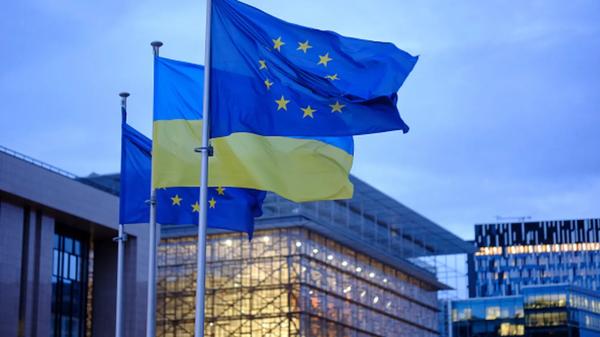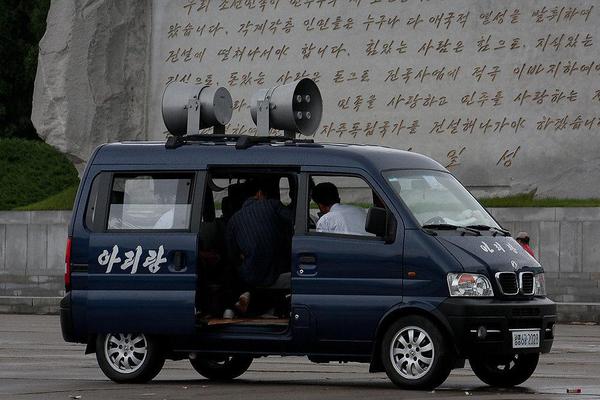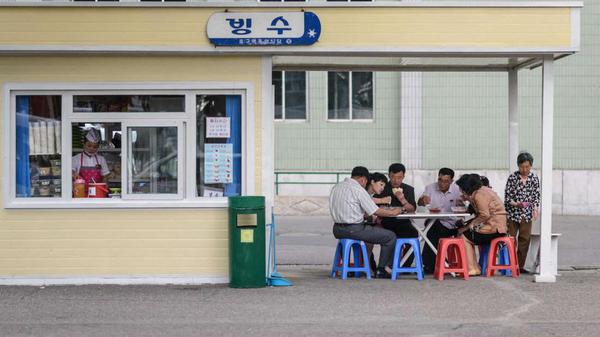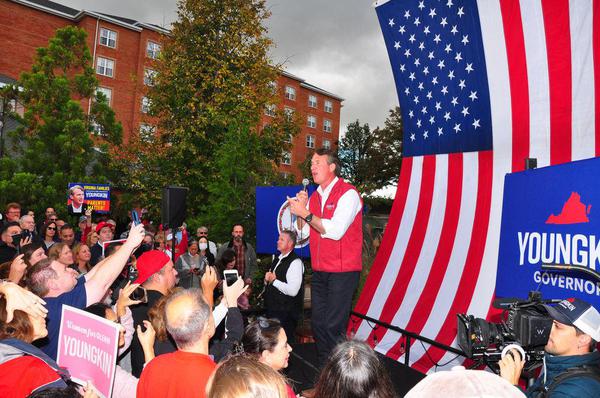CNBC
•
13th December 2024
Europe can make up the Ukraine funding shortfall if the U.S. withdraws, analysts say
After the election of Donald Trump and a Republican sweep of both chambers of Congress, the risk of the United States cutting its funding for Ukraine is a real possibility, stoking concerns among leaders in Europe on what it means for the ongoing conflict.
Trump has previously expressed he would end the war in Ukraine within 24 hours and has been vocally critical of funding the war-torn nation alongside hardline Republican congressmen, who almost blocked a critical aid package in April of this year. On Sunday, Trump told NBC’s “Meet the Press” that Ukraine will “possibly” receive less military aid once he takes office.
But according to experts that spoke to CNBC, there is reason to believe Europe, which is Ukraine’s biggest donor, can make up the shortfall if the U.S. withdraws or tightens that funding.










